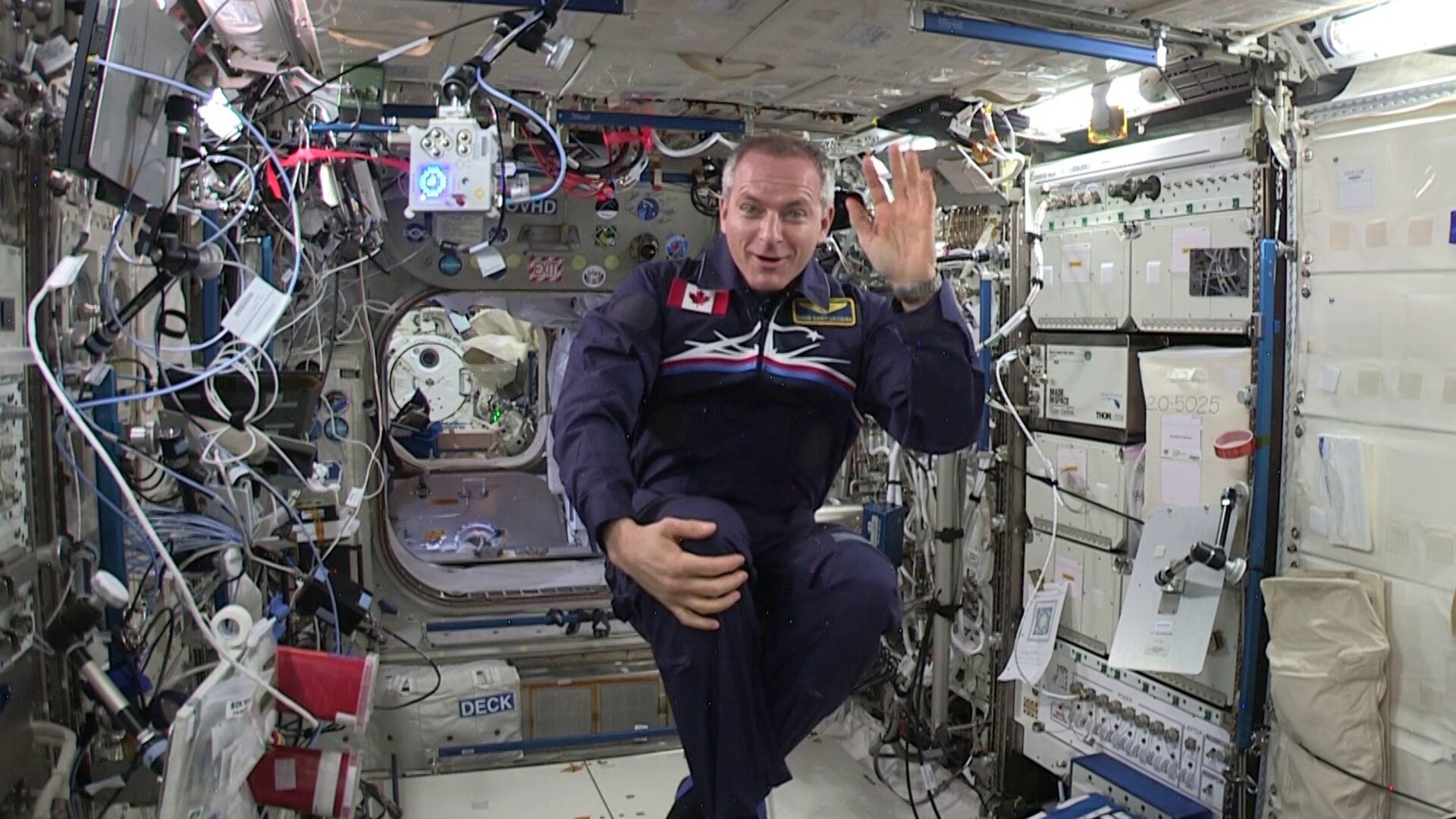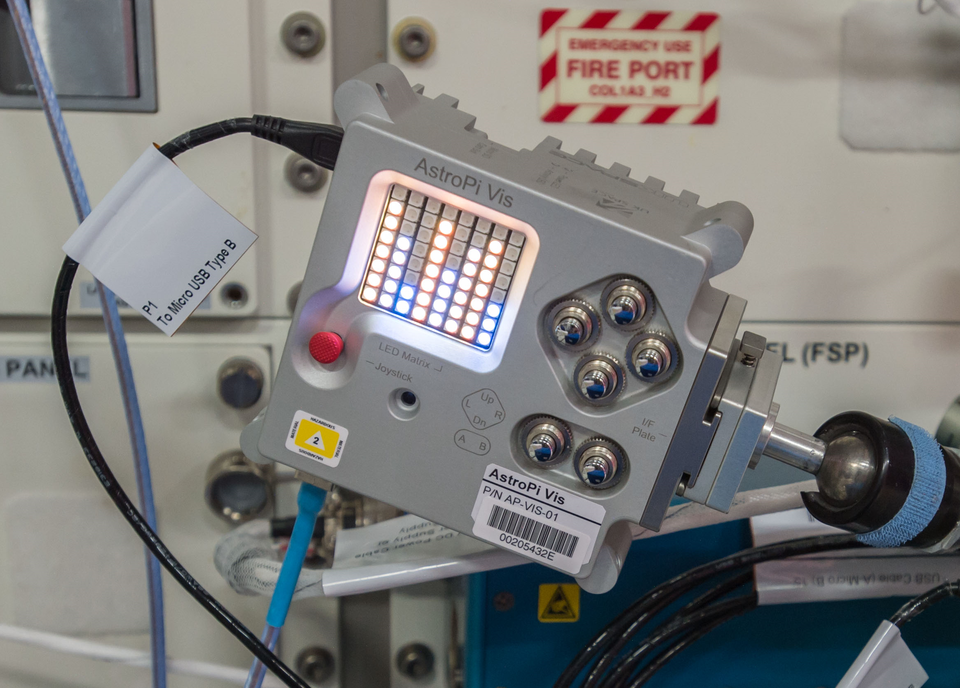Astro Pi Mission Space Lab - 135 teams will run their experiments on the ISS!
After a long process of testing and judging experiments, the European Space Agency and Raspberry Pi Foundation are happy to announce that a record number of 135 teams have been granted ‘flight status’ for Mission Space Lab 2018/2019!
53 teams from Life in Space and 82 teams for Life on Earth have qualified for Phase 3 – Deploy and Phase 4 - Analyse of the European Astro Pi Challenge. The teams’ experiments were selected based on their experiment quality, the code quality and the feasibility of the experiment idea. The selected programs have been tested on ground for 3 hours each, to ensure the experiment programs will run without errors on board.
The selected teams will receive their data after their program has been deployed on the International Space Station. They will then be tasked with writing a short report to be judged by the Astro Pi team. The 10 best reports will be selected and those teams will become the winners and be awarded a special prize!
In the video above, you will be able to watch David St-Jacques congratulating all of the participants on behalf of ESA and the Raspberry Pi Foundation. The selected programs will run in the coming days on the ISS and will be overseen by CSA Astronaut David Saint-Jacques himself!
About Mission Space Lab
In September of last year, the European Space Agency and Raspberry Pi Foundation officially launched the European Astro Pi Challenge for 2018/2019. It offers students and young people the amazing opportunity to conduct scientific investigations in space, by writing computer programs that run on Raspberry Pi computers on board the International Space Station. The Challenge consists of two missions, Mission Zero and Mission Space Lab.
In Mission Space Lab, our more advanced mission, teams of students and young people under 19 years of age submitted an idea for a scientific experiment to be run on the Astro Pi units. Teams were able to choose between two themes for their experiments: Life in space and Life on Earth. Teams that chose the ‘Life on Earth’ theme were tasked with using the Astro Pi computer Izzy, fitted with a near-infrared camera facing out of an ISS window, to study the Earth. For ‘Life in space’, teams used the Astro Pi computer Ed, which is equipped with a camera for light sensing, and they investigated life inside the Columbus module of the ISS.
There are four phases to Mission Space Lab:
-
Phase 1 - Design(September- October 2018)
- Come up with an idea for your experiment -
Phase 2 - Create(November 2018 to March 2019)
- Code your program and test your experiment on Earth -
Phase 3 - Deploy(April 2019)
- Your program is deployed on the ISS -
Phase 4 - Analyse(May 2019)
- Use the data from your experiment to write your report
During Phase 1, the Astro Pi team received a record-breaking 471 entries from 24 countries. 381 teams were selected to carry on to Phase Two and have the chance to write computer programs for the scientific experiments they want to send to the Astro Pi computers on board the International Space Station.




